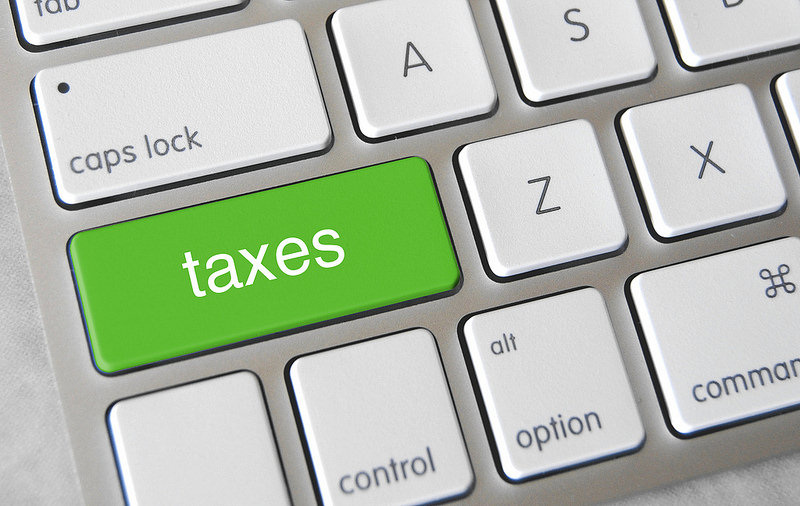| Politicians often act as if there are several sets of taxpayers — one each for local, school, state and federal budgets. You know better, of course, because you get bills for all of the above. And when more than one government gets the same idea — raising gas taxes, for instance, or adding to the sales tax — your wallet can begin to feel like one of those footballs New England quarterback Tom Brady likes to use. Except that it doesn’t help you get a grip. |
| | That’s why the Tax Foundation, an independent research group in Washington, performs a valuable service each year with its Tax Freedom Day report. Freedom day is defined as the day on which your entire tax bill — local, state and federal — would be paid in full if all your income were used for that purpose beginning on New Year’s Day. Don’t worry, you still have a few more days to work for “the man.” In Utah this year, freedom day is April 20. Last year, it was April 17. You don’t have to be a math major to see the trend. Thanks to this year’s Legislature, it’s likely to be even later next year. When the entire nation is considered as a whole, freedom day is April 24, which is more than a week after the deadline for filing your income tax returns. But really, your duty to Uncle Sam should take into account the federal deficit, which is borrowed money that must be repaid some day. Add that in and the average American has to work until May 8. Whenever a discussion such as this begins, the needle tends to bend a bit toward hypocrisy. The easiest thing in the world is to sit at home and complain about taxes when you never have to come to grips with the costs of legitimate public needs. The truth is people enjoy driving on smooth highways, sending their kids to good schools and having their trashed picked up once a week. But the other side of the equation often gets overlooked when politicians listen to bureaucrats explain how tough it is to make ends meet. A nation that spends a third of the year earning money for taxes might not be as productive or motivated as it otherwise could be. The Tax Foundation notes that Americans this year will spend more collectively on taxes than on clothes, housing and food combined. This year’s report has special meaning in Utah because the Republican-controlled Legislature just enacted several tax increases. Beginning this summer, gas taxes will rise, and because they now will be tied to the price of gas, they could increase considerably over time. Property taxes will go up an average of $50 per household to pay for increases in education funding. Counties will have the option of raising sales taxes by 0.25 percent, provided voters agree. And whichever city ends up hosting a new state prison will have the option of increasing sales taxes by another 0.5 percent. Each one of these comes with persuasive arguments that otherwise conservative politicians repeat with great energy. (The one exception is the prison sales tax hike, a cynical move apparently designed to encourage Salt Lake City to end its opposition to hosting a prison.) Inflation has depleted the purchasing power of old tax rates. The state faces a mountain of transportation needs as it continues to grow, and public education always struggles with a large population of school-aged children. Equally powerful counter-arguments exist. Gas taxes are horribly inefficient and unfair — better ways exist for funding highways. Education is in dire need of radical reforms that could make it more effective and efficient. But these don’t seem to carry much weight. Maybe that’s because few people consider the big tax picture. The Tax Foundation’s communications manager, Richard Borean, told me in an email that Tax Freedom Day is calculated because, “Our hope is that by giving people a reference point they can relate to, they will be better informed when discussing whether the tax bill is too low or too high.” It’s up to the people who pay all the tax bills to make sure politicians get the big picture. |


 RSS Feed
RSS Feed

